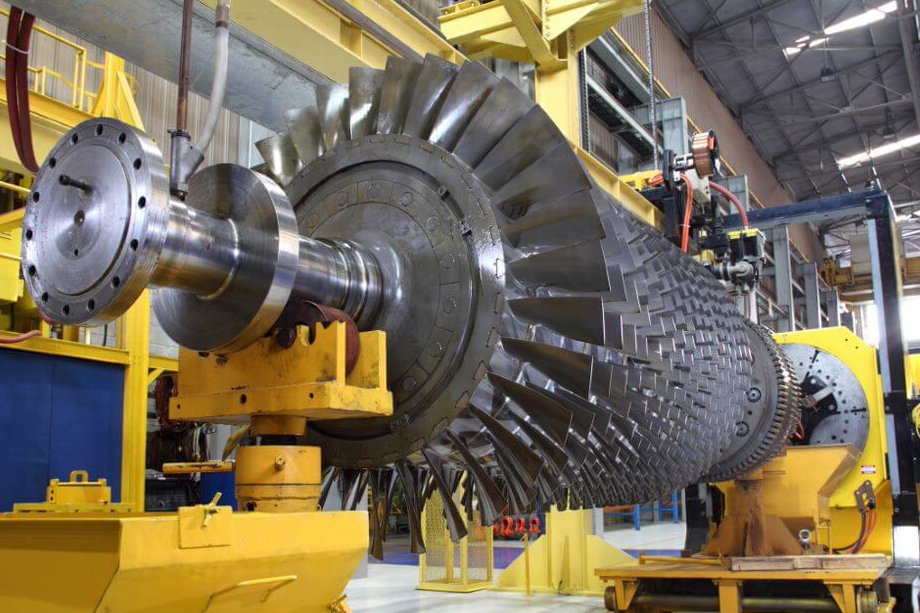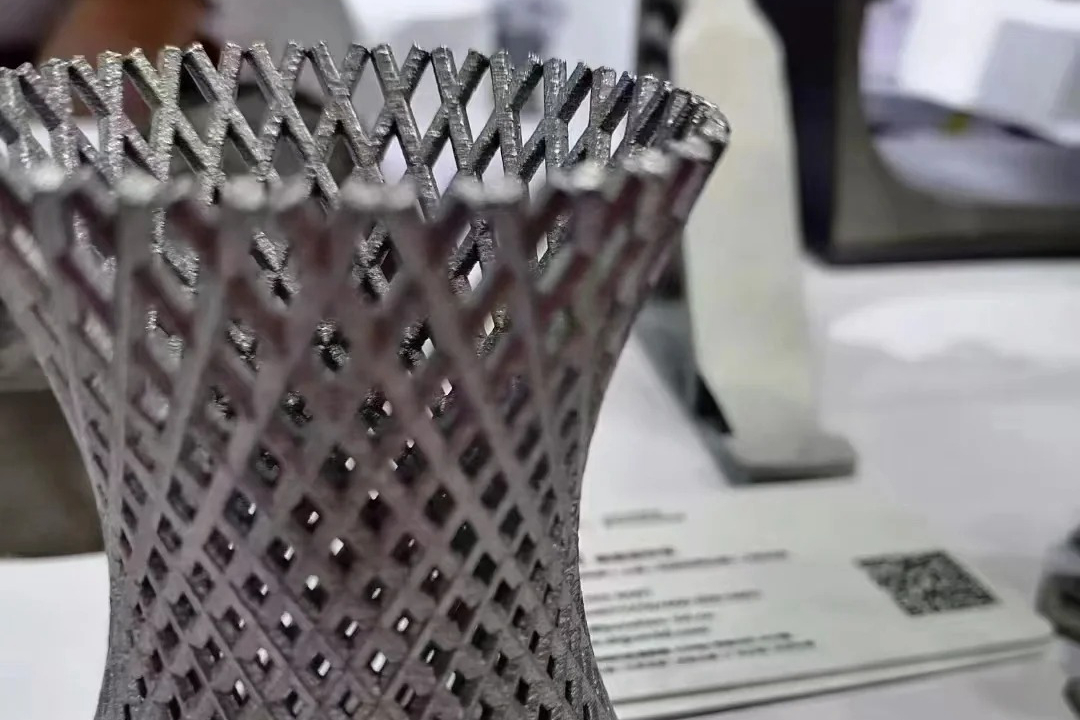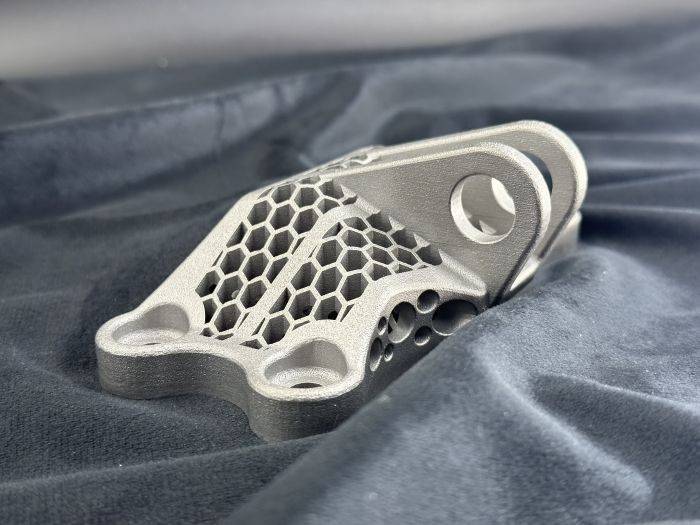What detection accuracy can 450kV industrial CT achieve, maximum applicable part size?
Technical Specifications and Detection Accuracy
Industrial computed tomography operating at 450kV represents a powerful non-destructive testing modality capable of achieving exceptional detection accuracy for additive manufacturing components. The detection accuracy, typically expressed as voxel resolution, generally ranges from 50 to 100 microns for standard applications, with specialized high-resolution configurations achieving 20 to 30 microns under optimal conditions. This resolution enables identification of critical internal defects, including porosity, lack-of-fusion anomalies, and micro-cracks that could compromise structural integrity in fatigue-critical applications.
The detection sensitivity is influenced by multiple factors, including detector pixel size, geometric magnification, and material density. For high-density materials such as those used in our Powder Bed Fusion processes, including Stainless Steel and Titanium Alloy components, the higher photon energy provided by 450kV systems ensures sufficient penetration while maintaining contrast sensitivity for defect detection. The technology is particularly valuable for validating internal structures of components that have undergone Hot Isostatic Pressing (HIP) treatment, confirming the effectiveness of porosity reduction.
Maximum Applicable Part Size and Limitations
Physical Dimension Capabilities
A standard 450kV industrial CT system typically accommodates components with maximum dimensions of approximately 500mm in diameter and 800mm in height, though specific chamber sizes vary among manufacturers. This capacity sufficiently covers the majority of components produced through industrial additive manufacturing systems, including substantial Automotive components and structural elements for Aerospace and Aviation applications.
Material Penetration Constraints
The 450kV energy level provides adequate penetration for dense materials up to approximately 100mm of steel equivalent thickness. For thicker sections or higher-density materials such as tungsten alloys, detection sensitivity may be compromised due to beam hardening effects and reduced signal-to-noise ratio. For such applications, we often employ strategic sectioning or utilize complementary inspection methods from our CNC Machining and Surface Treatment departments to prepare representative specimens for analysis.
Application-Specific Implementation
Quality Assurance for Critical Components
The 450kV CT systems provide indispensable capability for verifying the internal integrity of complex geometries inherent to additive manufacturing. This is particularly crucial for Medical and Healthcare implants with porous structures, where both dimensional accuracy and internal architecture must be validated. Similarly, for Energy and Power components subjected to high-pressure service conditions, CT scanning ensures the absence of critical defects that could lead to in-service failure.
Advanced Material Characterization
For advanced materials, including Superalloy components with internal cooling channels and Ceramic matrix composites, the 450kV CT provides non-destructive quantification of critical features, such as wall thickness variations, channel connectivity, and material distribution. This capability significantly enhances our ability to validate components manufactured using Directed Energy Deposition technology, particularly for complex multi-material structures that require comprehensive verification.



